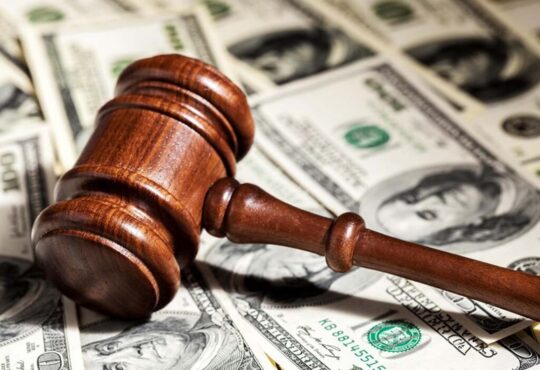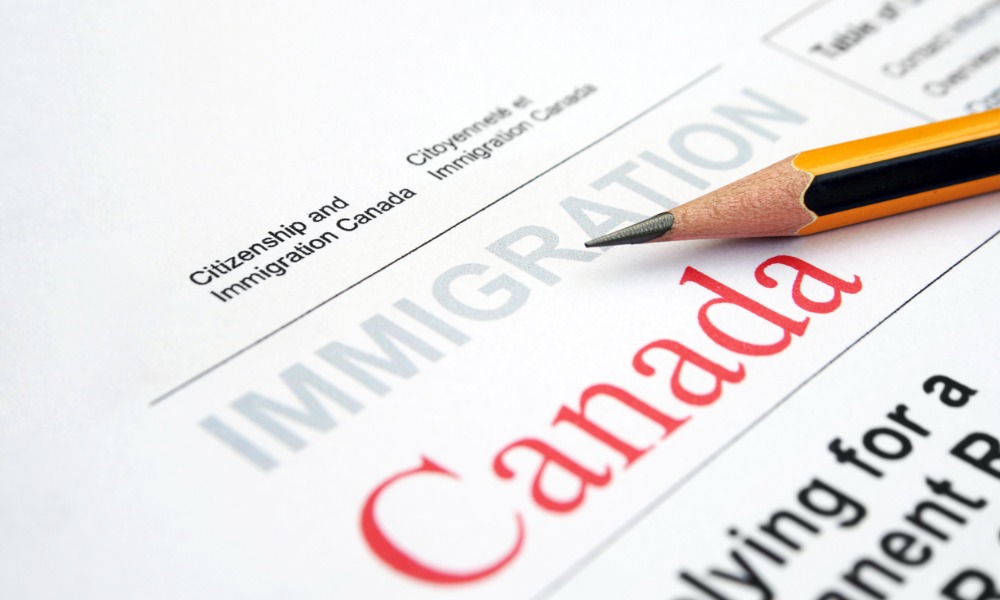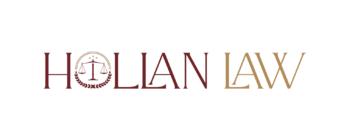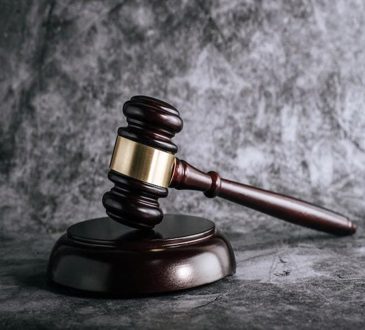
Civil fraud disputes can transform into criminal investigations when government prosecutors identify potential criminal violations within existing lawsuits. This escalation creates complex legal situations where defendants face both financial liability and possible imprisonment. Transitioning from civil proceedings to criminal charges requires immediate strategic adjustments and specialized legal representation. Fraudulent activity allegations often begin in civil courts where plaintiffs seek monetary damages for alleged deceptions. Unlike criminal charges, Civil fraud cases only need evidence that tips the scale slightly in one direction. Prosecutors monitor these civil cases for patterns suggesting criminal intent, wire fraud, mail fraud, or other federal violations that warrant criminal investigation.
Civil to criminal escalation
proving fraud in a civil case becomes more complex when criminal authorities join the proceedings. Civil courts focus on financial remedies, while criminal prosecutors seek prison sentences and criminal fines. Government involvement introduces new evidence collection methods, including grand jury subpoenas, search warrants, and witness immunity agreements that civil plaintiffs cannot access. The escalation typically occurs when civil discovery reveals evidence of intentional misconduct, pattern schemes, or interstate commerce violations. Federal agencies may initiate parallel criminal investigations while civil litigation continues. These simultaneous proceedings create overlapping discovery requests and potential conflicts between civil and criminal defense strategies.
Evidence preservation methods
Document preservation becomes critical when civil cases attract criminal attention. Defendants must maintain all relevant records while avoiding destruction that prosecutors might characterize as obstruction of justice. Electronic communications, financial records, and business documents require careful preservation and organization. Essential preservation steps include:
- Implementing litigation holds on all electronic communications and files
- Creating organized document databases accessible to both civil and criminal attorneys
- Avoiding the deletion of any potentially relevant materials from any storage systems
- Maintaining detailed logs of document production and witness communications
- Securing backup systems and cloud storage to prevent accidental data loss
These preservation efforts protect against additional charges while supporting defense preparation in both proceedings.
Legal representation changes
- Civil fraud attorneys may lack the criminal law expertise needed when cases escalate to criminal charges. Criminal defense requires specialized knowledge of federal sentencing guidelines, plea negotiations, and trial strategies that civil attorneys typically do not possess. Defendants often need separate legal teams for civil and criminal matters.
- Criminal attorneys bring different priorities to case management. They focus on avoiding incarceration and criminal convictions rather than minimizing financial damages. This shift affects settlement negotiations, discovery responses, and witness preparation strategies. Criminal counsel may advise against civil depositions that could provide incriminating testimony for criminal prosecution.
Communication with authorities
- Interactions with law enforcement require extreme caution once criminal investigations begin. Statements made to investigators can be used in both civil and criminal proceedings, creating dual liability exposure. Civil defendants may feel compelled to explain their positions, but should avoid direct communication with criminal investigators without counsel present.
- Government interviews and grand jury appearances demand careful preparation and legal guidance. Prosecutors may offer cooperation agreements or immunity deals in exchange for testimony against other defendants. These decisions affect criminal exposure and civil liability, requiring coordination between legal teams and careful evaluation of all consequences.
Success depends on proper evidence preservation, specialized criminal legal representation, and careful coordination between civil and criminal defense strategies. Early recognition of escalation signs and prompt legal counsel engagement provide the best protection against both criminal conviction and civil liability. Defendants should never attempt to navigate these parallel proceedings without experienced legal guidance in both civil and criminal law.








